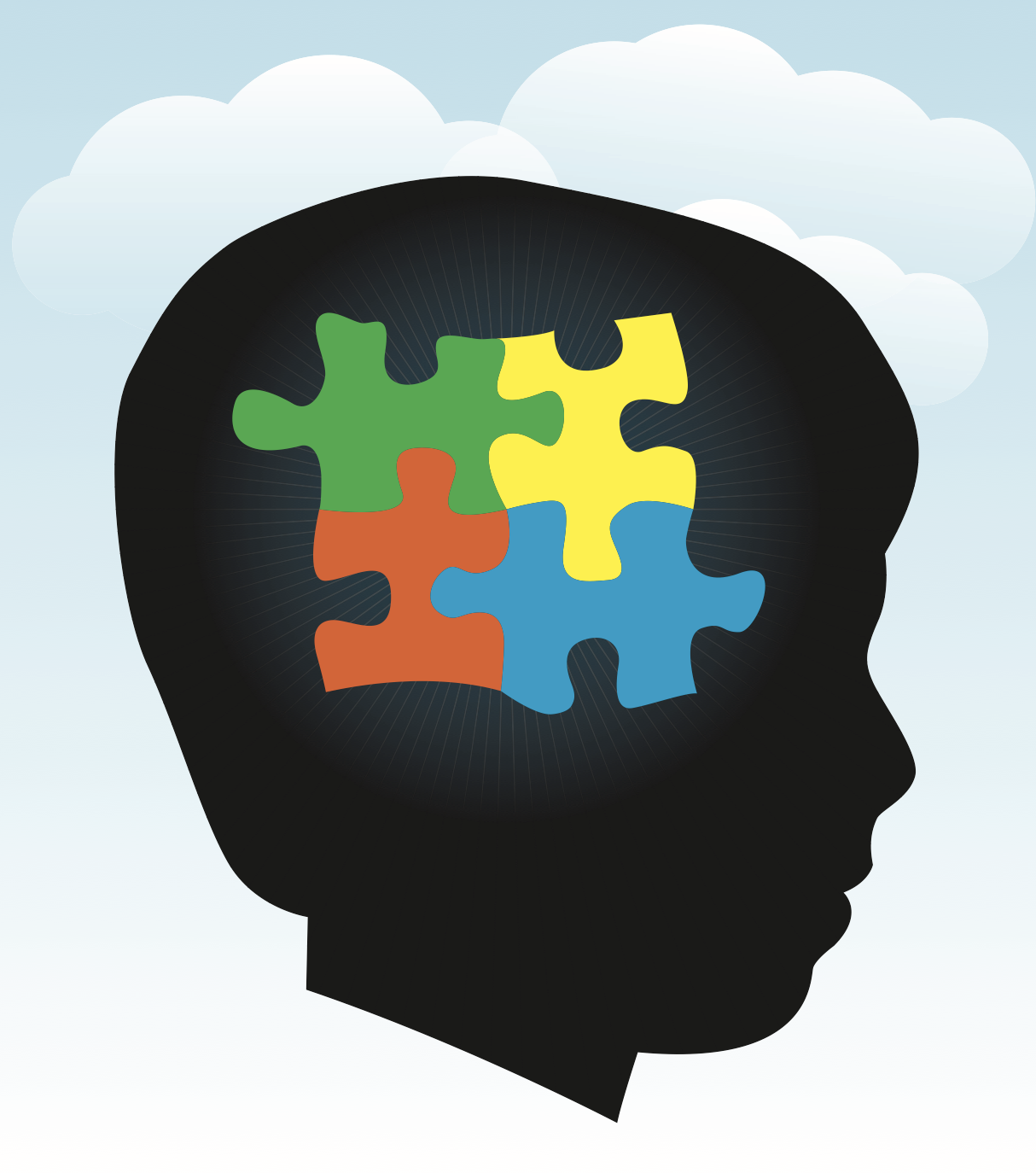
Autism, or autism spectrum disorder (ASD), is a complex developmental disability. It refers to a range of conditions characterized by challenges with social skills, repetitive behaviors, speech and nonverbal communication, as well as by unique strengths and differences. There is not one autism but many types, caused by different combinations of genetic and environmental influences.
The World Health Organization estimates 1 in 160 children has an autism spectrum disorder. While some people with ASD can live independently, others have severe disabilities and require life-long care and support. Evidence-based psychosocial interventions, such as behavioral treatment and parent skills training programs, can reduce difficulties in communication and social behavior, with a positive impact on wellbeing and quality of life for people with ASD and their caregivers.
Researchers at Vanderbilt are working to develop these kinds of technologies and therapies to help better manage the symptoms of ASD. Below are a few examples of the exciting work being done at Vanderbilt.
STAT: Screening Tool for Autism in Toddlers and Young Children
The STAT is an empirically based, interactive measure developed to screen for autism in children between 24 and 36 months of age
S.E.N.S.E. Lab
The mission of the SENSE (Social Emotional NeuroScience Endocrinology) lab is to better understand the social and emotional functioning of children with autism and related neurodevelopmental disorders and to translate findings into meaningful approaches and interventions.
VADIA: VR Adaptive Driving Intervention Architecture
Collaborators at Vanderbilt’s School of Engineering and the Kennedy Center have created a simulator that is meant to teach ASD teenagers critical driving skills.
PSIP: Parent Stress Intervention Program
A curriculum developed to help parents learn ways to physically and cognitively reduce stress, either through Mindfulness-Based Stress Reduction(MBSR) or Positive Adult Development (PAD).
RASL: Robotics and Autonomous Systems Lab at Vanderbilt
A lab dedicated to developing new generations of robots and computer-based intelligent systems that are able to interact with people in a smooth and natural way.
TRIAD: Treatment and Research Institute for Autism Spectrum Disorders
TRIAD’s mission is to improve assessment and treatment services for children with autism spectrum disorder and their families while advancing knowledge and training.
Vanderbilt Initiative for Autism, Innovation, and the Workforce
The purpose of the initiative is to advance workforce innovation through the employment of autistic adults, with the Nashville Model as our testbed.




